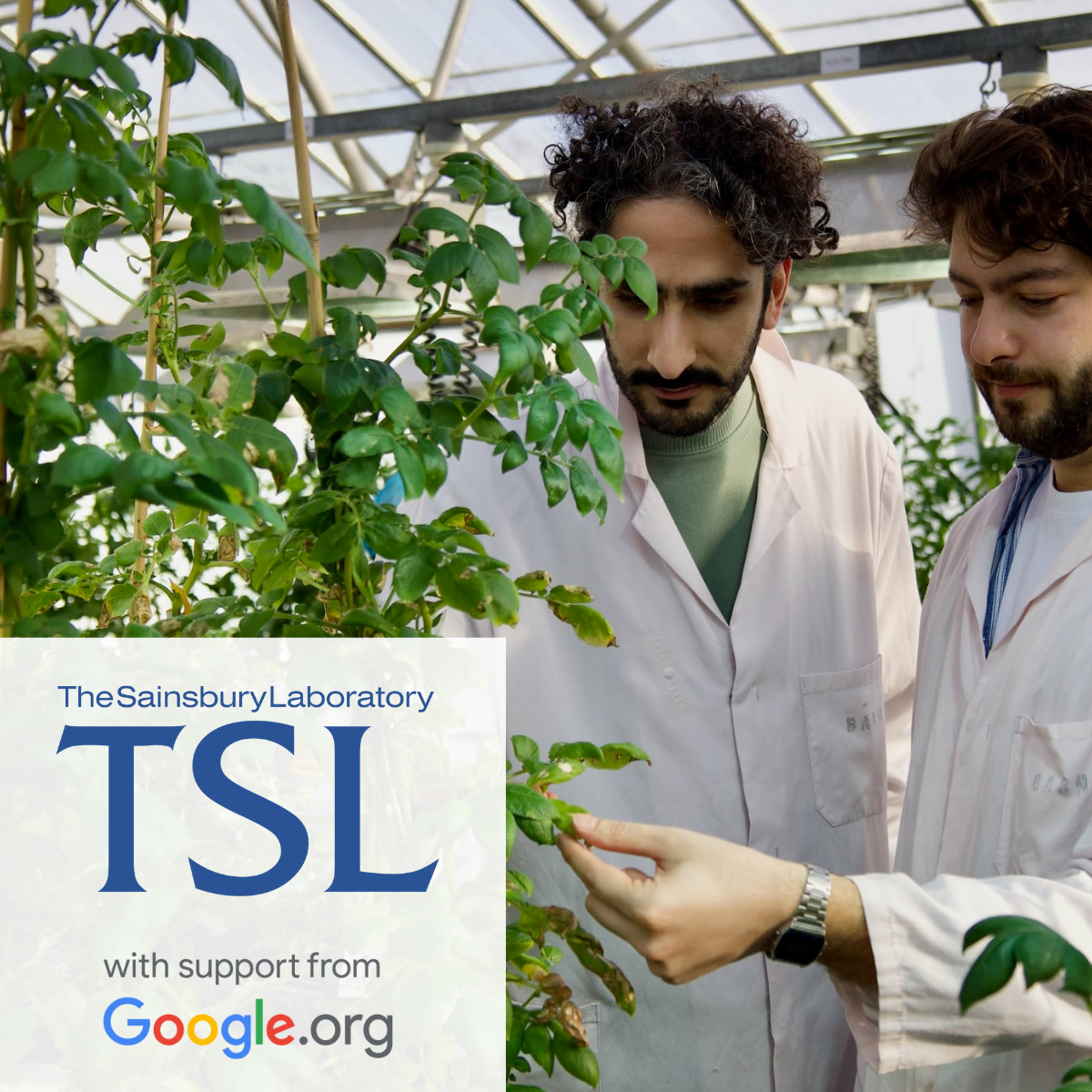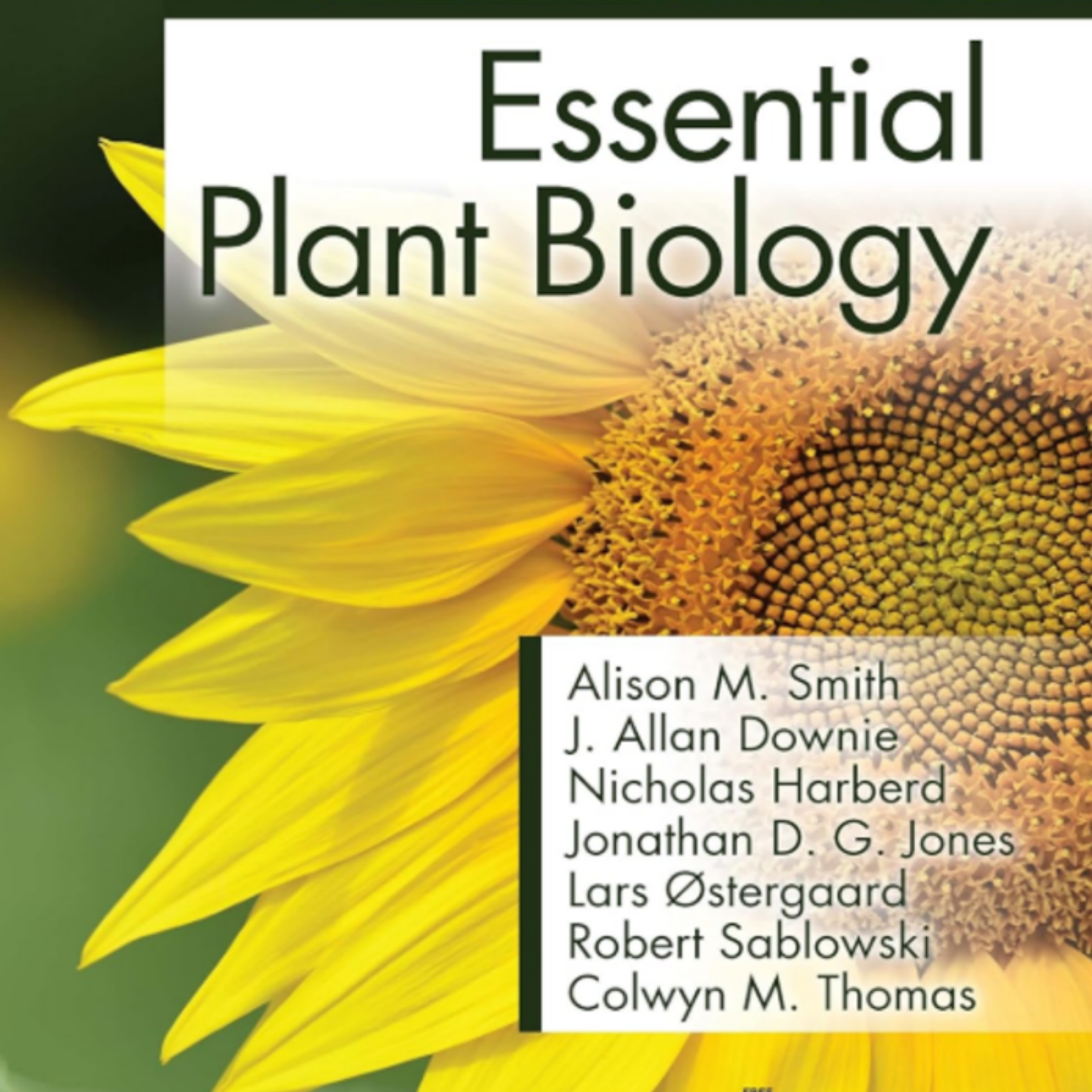Visa Fees Draining UK Science
Post-Brexit, attracting international talent has become increasingly difficult due to high visa fees, administrative burdens, and perceived hostility toward immigration.
Despite the government’s ambition to position the UK as a leader in engineering biology, current immigration policies and high costs undermine the sector’s ability to recruit top talent. A 2024 report by the Royal Society showed UK immigration costs have increased by 126% since 2019 and the Skilled Worker Visa is about 10 times more expensive in comparison to other leading scientific nations.
The Sainsbury Laboratory (TSL) continues to cover these upfront costs for our international recruits as part of our commitment to fostering a diverse and inclusive research environment. However, this inevitably comes at a cost to our research, and we urge the government to align its immigration policies with its ambitions to be a global science superpower.

TSL is delighted to host so many bright minds from all over the world, with 60% of our staff and students being international.
“Life sciences research is an engine of economic growth and health innovation,” says Professor Nick Talbot, Executive Director of The Sainsbury Laboratory (TSL), “Burdening recruits and UK research institutes with upfront costs before they arrive undermines our ability to attract global talent and fund groundbreaking research, weakening the sector’s vibrancy.”
Nick highlighted these challenges during the Engineering Biology inquiry and we were pleased to see his concerns reflected in their recent report. However, just two days after its publication, on 16 January 2025, the UK Government introduced another proposal to further increase immigration fees, including doubling the sponsorship fee for employers.

Credit: Steph Bornemann
Research in plant health and the life sciences is inherently global, requiring diverse expertise, perspectives, and the brightest minds from across the globe.
TSL's research focuses on molecular plant-microbe interactions, a niche field requiring specialised expertise. Molecular biology research also relies on advanced technologies, making international recruitment essential for accessing top talent in fast advancing fields such as structural biology and bioinformatics.
The UK alone cannot supply enough trained scientists to sustain its research ambitions in these fields, especially when only 11 UK universities provide plant science or plant biology programmes (Stroud et al. 2022).
Universities worldwide produce specialists with unique expertise and without international recruitment, the UK risks falling behind in global scientific advancements and weakening its ability to address food security and sustainability challenges.
Decline in EU Applicants and Rising Costs for TSL
Since 2020, free movement between the EU and UK has ended, dramatically increasing the demand for visa sponsorship and the associated administrative burden. Compounding this challenge, visa costs have surged, with increases of 15–35% since 2023 and the Immigration Health Surcharge (IHS) rising by 66% to £1,035 per year. These rising costs make it increasingly difficult to attract global talent to the UK.
Currently, the upfront cost for a single employee (without dependents) on a three-year Skilled Worker Visa is approximately £4,500, with £3,105 of that attributed to the Immigration Health Surcharge. Even though TSL reimburses employees once they arrive and start work, these upfront costs leave a lasting impression on new recruits and deters potential applicants, particularly those who still have free movement within the EU.

Read the full Royal Society report here: https://royalsociety.org/news-...
This was the experience of our new TSL Ventures Co-ordinator, Damien Caubriere, who was interviewed by the BBC. “It's a costly and long process,” Damien said, describing how his visa application took five months and cost him £5000.
“Many of my colleagues are moving to Germany or other institutes in Europe because it's way easier.”
As a result of these challenges, TSL has seen a marked decline in applications from EU researchers. While the ratio of UK nationals to international staff has remained stable at our lab, international recruits are increasingly from beyond the EU.
Debbie Feather, TSL Company Secretary and Head of Administration, emphasized the impact: “We now receive far fewer applications from EU researchers and are absorbing significant costs and administrative burdens to support international hires. This inevitably comes at the cost of funding research.”
For TSL, the financial impact of visa-related expenses has risen sharply from around £12,000 before 2021 to £105,000 in the current financial year.

In addition to these direct costs, the increased complexity of the immigration process has required additional resources:
+ £30,000 in HR salary costs: HR now spends the equivalent of one full-time employee on visa-related support, up from 0.4 FTE before 2021.
+ £16,000 in solicitor's fees: TSL has had to engage immigration law consultants due to the growing complexity and frequent changes to visa regulations.
The Consequences for UK Science
“We've always been proud to promote the UK as a top destination for plant science careers,” Nick said. “But government messaging and policies don't always echo that message. It's great to see the recent Engineering Biology report recognize this disparity as well as the chancellor's recent announcement. We would be delighted to see government effort align with ours to enhance the UK's reputation as a hub for discovery.”
Nick emphasises, “The UK continues to be an excellent environment for scientific training, with some of the very best institutes anywhere in the world. TSL counts among those, and we want to encourage top science applicants from Europe and across the world to come and train at TSL.”

Credit: Steph Bornemann
Timeline of Recent Fee Increases
- July 2023: The government announced an increase in visa fees and the health surcharge.
- 4 October 2023: Work and visit visa fees rose by 15%; family visas, settlement, and citizenship fees by 20%; student visa fees by 35%. Settlement fees increased from £2,400 to £2,900.
- February 2024: The health surcharge rose by 66% to £1,035 per year.
- 2025: If Parliament approves the recently proposed fee changes, employers will face further cost increases, including a more than doubling of the sponsorship fee from £239 to £525.
Why Are UK Immigration Costs So High?
Since 2003, the UK government has charged visa applicants above the actual processing costs to fund broader immigration activities. In 2015, the Immigration Health Surcharge was introduced, followed by an employer levy. By 2022, these policy changes had contributed to a £4.5 billion increase in government income from immigration fees.
If the UK is serious about remaining a global leader in science, it must reform these policies to ensure it remains an attractive destination for the world’s brightest minds.


